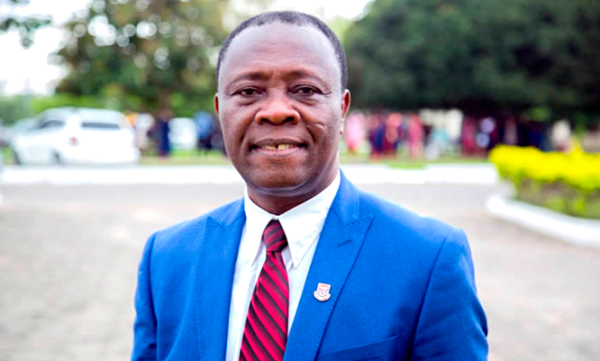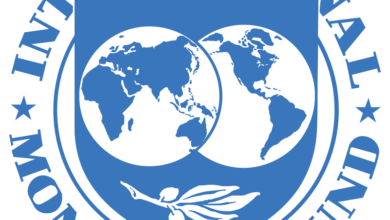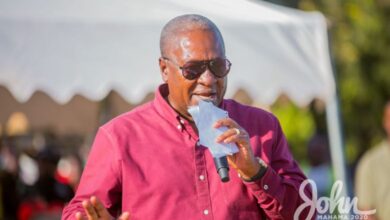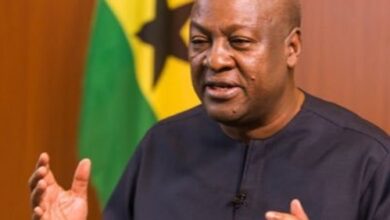
Ghanaians need to acknowledge that President Nana Akufo-Addo has admitted his flagship Free Senior High School (Free SHS) program faces significant challenges. The policy was launched without adequate consideration of funding, infrastructure, and feeding, leading to its current issues.
The President’s recent statement—”People who can afford to pay fees for the education of their ward should send them to fee-paying private schools”—has been criticized as unfortunate and a betrayal of the trust placed in the policy. Critics argue that the program was rolled out without sufficient national consensus from stakeholders on its future.
The National Democratic Congress (NDC) has maintained that their approach to the educational policy would have been progressively free, addressing issues as the program evolved. Professor George K. T. Oduro, a spokesperson for the NDC’s 2024 manifesto on education, expressed these concerns on the Adekyee Mu Nsem morning show on Ahotor 92.3 FM, hosted by Citizen Kofi Owusu in Accra. He noted that similar concerns were previously raised by former Finance Minister Ken Ofori-Atta and Dr. Addo Kuffour.
Despite these criticisms, President Akufo-Addo has strongly defended the Free SHS policy amidst growing concerns about its impact on education quality. Speaking at the Annual Ghana Bar Association (GBA) Conference in Kumasi on Monday, the President addressed critiques alleging that the policy has led to a decline in academic standards.
President Akufo-Addo highlighted the benefits of the Free SHS program, stating that it has significantly increased school enrollments and provided access to education for many students who would otherwise be excluded due to financial constraints. “The number of people with access to secondary education has doubled since the introduction of the Free Senior High School policy,” he noted. The policy aims to ensure that every Ghanaian child, regardless of economic background, has the opportunity to pursue secondary education.
In response to claims that the policy is producing low-quality students, the President suggested that parents who can afford private education consider enrolling their children in fee-paying institutions. “Public schools, funded by taxpayers, are meant to provide opportunities for those who cannot afford tuition,” he said.
Since its launch in 2017, the Free SHS policy has been a cornerstone of Akufo-Addo’s administration, offering tuition-free education to hundreds of thousands of students. However, it has also faced opposition from those who argue that the influx of students has strained resources and impacted educational standards.
Despite the ongoing criticism, President Akufo-Addo reaffirmed his government’s commitment to ensuring equal educational opportunities for all, particularly for the underprivileged. He emphasized that the policy is crucial for promoting inclusivity and national development.
The Ghana Bar Association’s annual conference provided a platform for the President to assert his position on this significant social intervention.
Story by: Alexander Kukah




